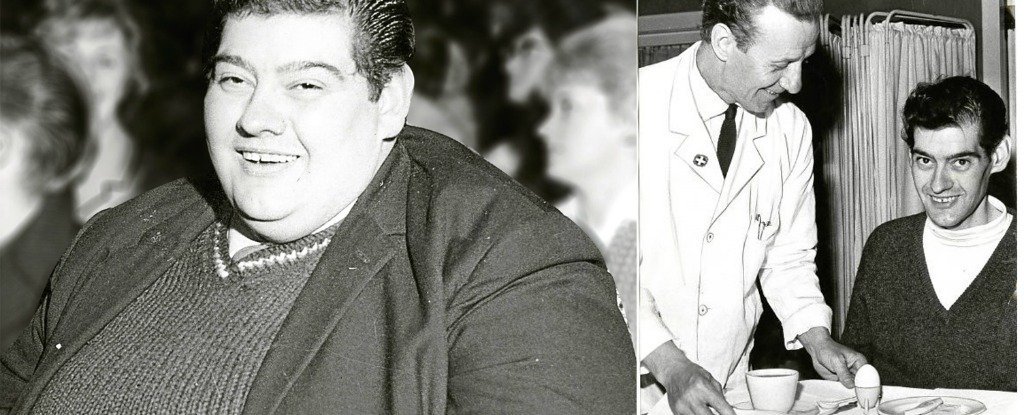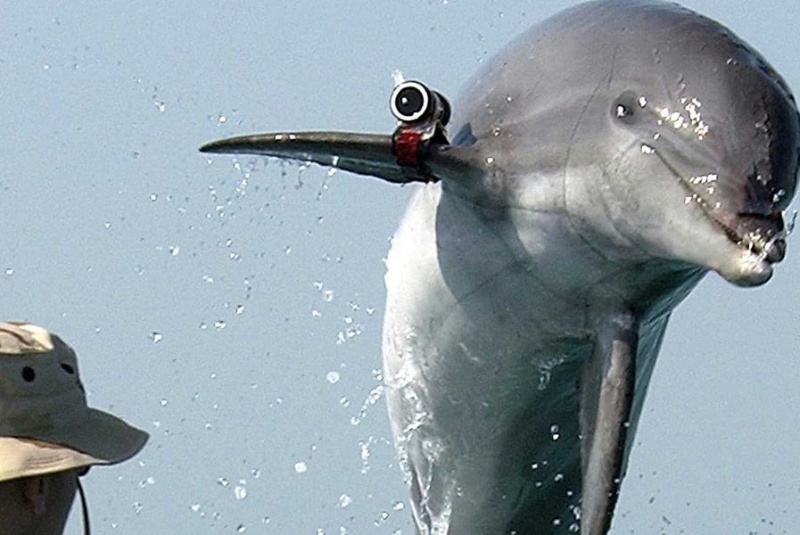The human body is an extraordinary machine, capable of enduring extreme conditions and adapting to severe deprivation, including the lack of food. While conventional wisdom dictates that a person can survive without food for approximately a couple of weeks, this is a simplification of a much more complex and individualized scenario. The limits of human starvation are not easily defined and can vary significantly based on various physiological, psychological, and environmental factors.

A dramatic example of the body's capacity to withstand prolonged starvation is the case of Angus Barbieri, whose story stretches the boundaries of medical understanding and human endurance. In 1965, Barbieri, a Scottish man grossly obese at 456 pounds, embarked on a fast that would last for an astounding 382 days, under medical supervision. His experience was thoroughly documented and eventually published in the Postgraduate Medical Journal in 1973, offering a rare, in-depth look at extreme weight loss.
Initially, Barbieri was placed on a short fast by doctors at the Royal Infirmary of Dundee, Scotland, as a means to quickly reduce his weight. What ensued was beyond anyone's expectations—Barbieri's determination to lose weight was so strong that he continued his fast well beyond the intended duration. Most medical professionals consider fasts extending beyond 40 days to be exceedingly perilous due to the potential for organ failure and critical nutrient deficiencies. Despite these dangers, Barbieri, aiming for a target weight of 180 pounds, persisted.
Surprisingly, during his fast, Barbieri managed to maintain a somewhat normal daily routine, returning to the hospital regularly for evaluations and occasional overnight stays. His doctors monitored his health closely, performing frequent blood tests to confirm that he was not consuming solid food. These tests revealed that his body had adapted to its new condition by utilizing his substantial fat reserves for energy. Throughout his fast, Barbieri sustained himself on zero-calorie drinks such as tea, coffee, and sparkling water, and only toward the end did he introduce small amounts of milk or sugar into his diet.
After 382 days without solid food, Barbieri reached his goal weight, a transformation that was as much a testament to human willpower as it was to medical science. Even more remarkably, five years post-fast, he had only gained 16 pounds, maintaining a weight of 196 pounds. This extraordinary case not only shatters expectations regarding the limits of human survival without food but also illustrates the profound capabilities of the body to adapt to extended periods of starvation.
However, it is crucial to emphasize that Barbieri's experience is an anomaly and not a recommended practice for weight loss. Starvation diets can have severe, often lethal consequences. After the 1970s, medical professionals largely abandoned the use of extended fasting as a weight loss method due to the high risk of mortality and the development of safer, more effective dietary interventions.
Barbieri's case invites us to consider the body's metabolic processes during starvation. When deprived of food, the body initially utilizes glucose stored in the liver and muscles in the form of glycogen. Once these stores are depleted, typically after a few days, the body begins to break down fat reserves to produce ketone bodies, which become the primary energy source. This metabolic state, known as ketosis, can sustain the body for some time, but eventually, fat reserves will also diminish.
In the absence of both fat and carbohydrates, the body reluctantly begins to break down protein for energy, a last-resort mechanism that involves the catabolism of muscle tissue and vital proteins. This stage of starvation can lead to organ damage and failure, making it particularly dangerous.
The complexity of the body's response to starvation is influenced by numerous factors, including initial body fat percentage, genetic predispositions, overall health status, and even psychological resilience. Angus Barbieri's experience showcases an extreme adaptation to starvation, facilitated by his initially high body fat percentage which provided a substantial energy reserve for ketosis.
Beyond the physical aspects of starvation, Barbieri's story also has a psychological dimension. The determination and mental fortitude required to endure a year-long fast point to the significant role of psychological factors in extreme survival scenarios. The support of medical professionals, the structured environment, and regular monitoring likely contributed to Barbieri's ability to maintain his fast for such an extended period.
While Angus Barbieri's case remains a landmark in the annals of medical history, it underscores the necessity of medical supervision when undertaking any form of extreme diet or fast. His experience stands as a cautionary tale against self-imposed starvation and a reminder of the potential risks associated with drastic weight loss methods.
The human body's resilience in the face of starvation is a complex interplay of biological survival mechanisms, psychological willpower, and individual health factors. Barbieri's record-breaking fast exemplifies the extraordinary lengths to which the body can adapt to survive. However, it is essential to recognize the dangers of starvation diets and acknowledge that his experience, while fascinating, is not a safe or advisable model for weight loss. The understanding of human starvation continues to evolve, with ongoing research providing greater insights into how we can safely and effectively manage weight and health.
The ethical considerations of conducting such extreme dietary interventions are complex. While Barbieri's case provided valuable medical insights, it also raised questions about the risks doctors are willing to take in the pursuit of medical knowledge and patient care. In contemporary settings, such an extreme approach would likely be deemed unethical due to the potential health risks involved.
For those who survive extended periods of starvation, the refeeding process must be managed carefully to avoid refeeding syndrome, a potentially fatal condition caused by the abrupt reintroduction of food after a period of malnutrition. Barbieri's refeeding was carefully managed by his healthcare providers, allowing his body to readjust without significant complications.
Barbieri's fast stands as a testament to the human body's survival capabilities and the potential for medically supervised fasting. However, it also serves as a cautionary tale about the lengths to which some will go to achieve weight loss, often at the risk of their health.
Angus Barbieri's extraordinary fast remains one of the most extreme cases of survival without food ever documented. It demonstrates the incredible adaptability of the human body during prolonged periods of calorie deprivation. However, it is crucial to acknowledge that his experience is not one to




